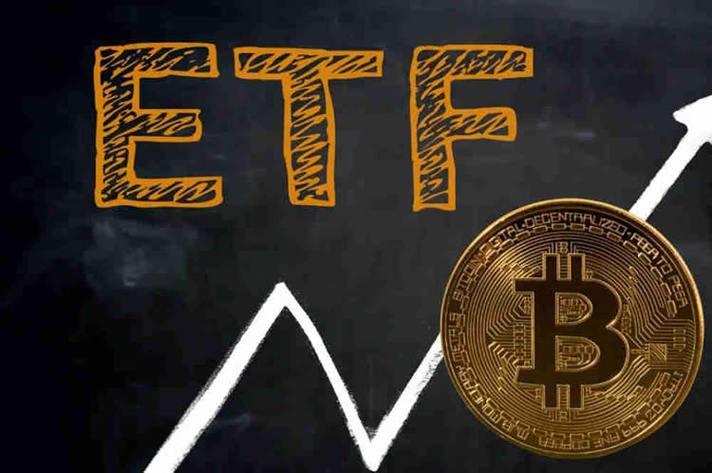
Understanding ETF, ETH, and SEC: A Comprehensive Guide
When it comes to investing in the cryptocurrency market, understanding the key components is crucial. In this article, we will delve into the details of ETF (Exchange-Traded Fund), ETH (Ethereum), and the role of the SEC (Securities and Exchange Commission). By the end of this guide, you will have a clearer understanding of these terms and how they relate to each other.
What is an ETF?
An ETF, or Exchange-Traded Fund, is a type of investment fund that tracks the performance of a specific index, basket of assets, or sector. Unlike mutual funds, ETFs are traded on exchanges like stocks, allowing investors to buy and sell shares throughout the trading day at market prices.

ETFs offer several advantages, including:
- Diversification: By investing in an ETF, you gain exposure to a wide range of assets, reducing your risk compared to investing in a single stock.
- Liquidity: ETFs are highly liquid, making it easy to buy and sell shares at any time during trading hours.
- Transparency: ETFs disclose their holdings on a daily basis, allowing investors to see exactly what they are invested in.
- Smart Contracts: Ethereum introduced the concept of smart contracts, which are self-executing contracts with the terms of the agreement directly written into lines of code.
- Decentralized Applications: DApps are applications that run on a decentralized network, allowing users to interact with each other without the need for a central authority.
- Gas: ETH is used as a transaction fee, known as “gas,” to pay for the computational resources required to execute smart contracts and DApps.
- Regulating Financial Markets: The SEC enforces federal securities laws and regulations, ensuring that companies provide accurate and timely information to investors.
- Protecting Investors: The SEC works to prevent fraud, manipulation, and other illegal activities in the securities markets.
- Monitoring Market Activity: The SEC monitors market activity to identify potential risks and take action to maintain market integrity.
- ETH has gained significant attention as a potential asset for ETFs. Several proposals have been submitted to the SEC to launch ETH-based ETFs, but regulatory approval has been a challenge.
- Proponents of ETH ETFs argue that they would provide investors with a more accessible and regulated way to invest in ETH, while critics raise concerns about market manipulation and volatility.
- The SEC has been cautious in approving ETH ETFs, citing concerns about market manipulation and volatility. However, the agency has also recognized the growing interest in cryptocurrencies and the potential benefits of ETH ETFs.
- As the regulatory landscape evolves, it is possible that the SEC may approve ETH ETFs in the future, providing investors with more options for accessing the cryptocurrency market.
- The SEC plays a crucial role in regulating ETFs, ensuring that they comply with federal securities laws and regulations. This includes reviewing and approving new ETFs, as well as monitoring their operations.
- The SEC has been actively working to adapt its regulations to the evolving landscape of ETFs, including those that track cryptocurrencies like ETH.
Understanding ETH
ETH, or Ethereum, is a decentralized blockchain platform that enables the creation of smart contracts and decentralized applications (DApps). It is the second-largest cryptocurrency by market capitalization, after Bitcoin.
Here are some key points about ETH:

The Role of the SEC
The Securities and Exchange Commission (SEC) is a U.S. government agency responsible for regulating the securities industry, including stocks, bonds, and other financial instruments. The SEC plays a crucial role in ensuring that investors are protected and that the markets operate fairly.
Here are some of the key responsibilities of the SEC:
ETFs, ETH, and the SEC: How They Intersect
Now that we have a basic understanding of ETFs, ETH, and the SEC, let’s explore how these three components intersect.
ETH as an ETF:
The SEC’s Role in ETH ETFs:
ETFs and the SEC:
Conclusion
Understanding ETFs, ETH, and the SEC is essential for anyone interested in investing in the cryptocurrency market. By familiarizing yourself with these key components, you can make more informed decisions and navigate the complex



